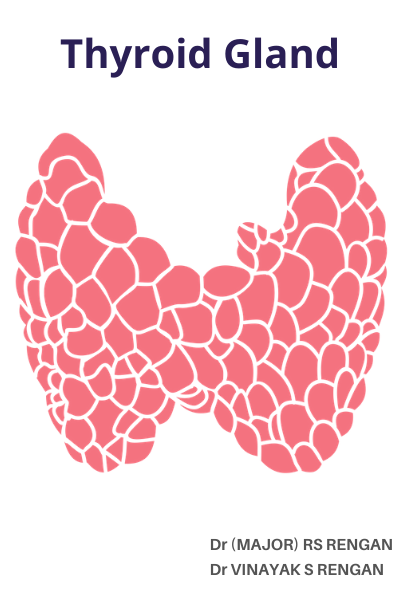THYROID
Do all thyroid problems require surgery?
Most of our patients are referred to us by endocrinologists who decide whether the patient needs surgery. All thyroid disorders dont require surgery. However, if you feel you have a swelling in the neck, we advise you to meet the best thyroid doctor as soon as possible.
I have thyroid swelling, Is it cancerous? How can I be sure?
Your thyroid swelling is rarely cancerous. Since the thyroid gland is affected by a variety of disorders, any swelling could be related to whichever of these. The most common cause is hypothyroidism, were to compensate for hormone deficiency, the thyroid gland is stimulated in its growth, forms new gland cells, and enlarges.
Other causes include the presence of nodules, thyroiditis (inflammation of the thyroid), and tumors. Most of these tumors and nodules are benign. However, there is always a risk that there could be cancerous cells in the thyroid gland. So a small needle is inserted to draw out some cells (a procedure called a fine needle aspiration biopsy or FNAC, for short) before planning major surgery to determine the type of tissue. A thyroid swelling must always be investigated thoroughly before you plan for surgery.

At our center, Dr. Rengan will be able to advise you on the best course of action after examining your thyroid swelling. A multi-disciplinary approach, with communication with your endocrinologist (Thyroid doctor) and other specialists, will be undertaken in order to make the most appropriate decision.
What is a thyroidectomy?
The removal of the thyroid gland is called thyroidectomy. Based on the indication, a thyroid specialist will perform either a Hemithyroidectomy ( half gland removed ) or a total thyroidectomy. Following a total thyroidectomy, you will need lifelong supplementation with thyroxine tablets
How is a thyroidectomy performed?
All Thyroidectomy involves one or more incisions on the neck, followed by removal of full or part of the thyroid gland. As mentioned earlier, this depends on the type of diagnosis and treatment required. In some cases of cancer, an extensive look at the neck will be required, and this will be discussed with you prior to the surgery. In most cases, the procedure is performed under general anesthesia, which means that you will be asleep for the entire procedure.
What are the complications of thyroid surgery?
In experienced hands, thyroid surgery is generally very safe. Complications are uncommon, but the most serious possible risks of thyroid surgery include:
- Bleeding after operation causing local pressure.
- Injury to important nerves in the area that can cause temporary/permanent voice changes and in severe cases, respiratory distress.
- Low blood calcium from injury to the parathyroid glands (which are situated along with the thyroid gland).
What happens after the surgery?
As in any major surgery, you will need to stay in the hospital for a couple of days for observation. You can slowly resume your daily activities, but strenuous work and sport should be avoided until healing is complete.
Depending on whether the surgery is total thyroidectomy, you will need lifelong thyroid hormone replacement medicines as the removal of the gland implies that your body can no longer produce the hormone on its own. Regular follow-up will be required for a while afterward so that the thyroid surgeon can assess your condition and progressively see to your needs.
How is surgery with Dr. Rengan your safest option?
You always need an experienced surgeon to operate on the thyroid. Dr. Rengan (The best thyroid doctor in Chennai) follows numerous safety measures while doing thyroid surgery. He always uses a nerve stimulator to perform thyroid surgery so that the possibility of nerve injury can be assessed throughout. Safe surgery is always our priority and we request you to contact Dr. Rengan, our senior thyroid specialist if you have any queries. The complication rate of thyroid operations is lower when the operation is done by a surgeon who does a large number of thyroid operations each year.
